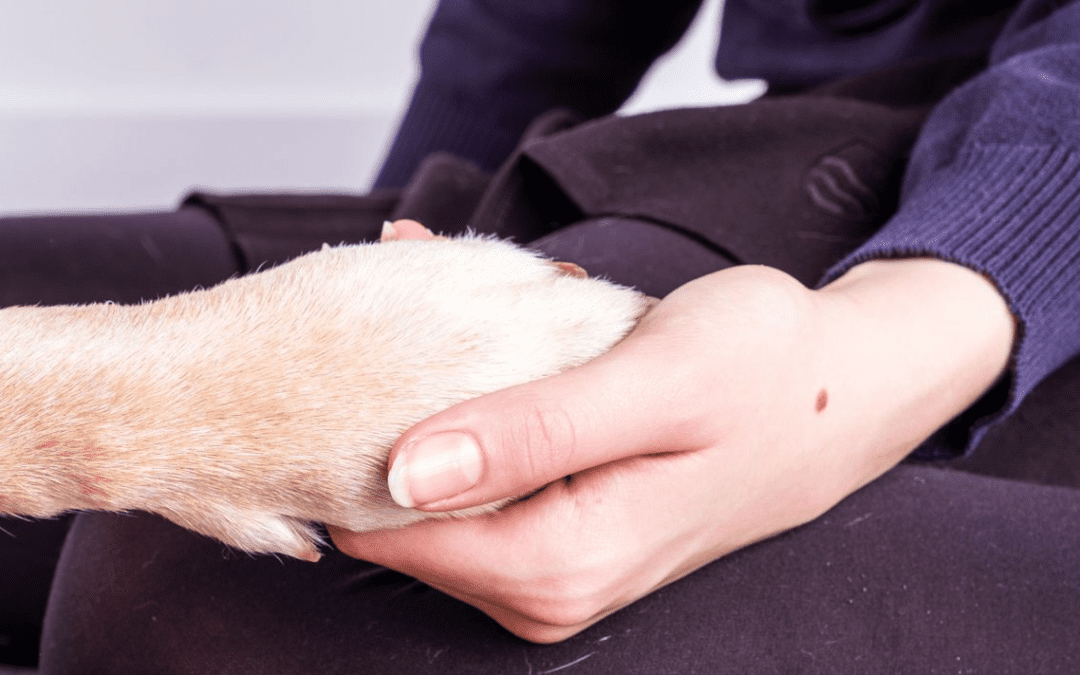Can dogs really help reduce stress?
Sitting here at my laptop whilst my 19 week old Labrador puppy Daisy is running around the house causing havoc I do wonder about the answer I am going to give. however puppy antics aside the answer is yes, dogs really can help reduce stress and this is how.
Firstly the scientific evidence…It has been shown that following a thirty minute pet therapy session there are enhanced hormone levels of dopamine and endorphins which are associated with happiness and well-being as well as decreased levels of cortisol, a stress hormone. Odendaal, J. (2000). Animal-assisted therapy – magic or medicine? J Psychosomatic Research 49(4):275-280.
Now we have established animal assisted therapy really does help reduced stress the question is how do dogs help reduce stress in the children we work with?
We work with children with a wide range of complex needs, children that are so stressed and anxious with the traumas going on in their own lives, they are achieving so much by just being able to function at any level in an educational environment. There is one young person’s story in particular I would like to share with you, to protect her identity I will call her Ellie.
Ellie is an eleven year old girl, in her short life she has been subject to severe abuse, she has been in several foster homes, she has a diagnosis of ADHD and her challenging behaviour leads to violent and aggressive outburst. Ellie is unable to communicate appropriately with adults and unable to make or sustain any friendships with her peers. When you first meet Ellie you can see the weight of the world on this vulnerable little girls shoulders, she is heightened, she is anxious, she is stressed, she is scared.
When I first saw Ellie she was kicking the shins of one of her teachers because she was asked to do some work that she did not want to do because she could not do it. Ellie had no other tools to express herself other than violence, she could not do the work, she was worried about the reaction she would get from her peers and teachers, she took control in the only way she knew how, she became violent, she knew the reaction, she knew the outcome. I would like to add here that Ellie’s teachers are wonderful compassionate caring and very skilled professionals who deal with Ellie’s outbursts amazingly.
The first time Ellie met Lilly she was cautious as she is when she meets any new person, her face tight with stress her fists clenched, her brow furrowed, a look of anger in her eyes then after a while there was a visible physical change, Ellie’s face looked different, she was starting to relax it was as if she had began to breathe, she was able to be, she felt relaxed, she felt safe and she was able to smile.
Lilly and myself work with Ellie every week, we have a long way to go but every week we see progress. Working on an emotional development programme Ellie is starting to be able to recognise feelings and emotions, she is starting to recognise how she is feeling and has been able to start using some of our strategies in her school day. Ellie has shown improvements in her behaviour, she is able to stay in class for longer periods of time and is starting to have more positive interactions with her peers. The time Ellie spends with Lilly is a huge contributing factor in helping her work through her problems and reduce the stress in her life. Being able to “just be” being able to breathe, and to be present in that therapeutic time spent with one of our dogs shows the miraculous way that animals can help reduce stress.
It is not just the young people that benefit from our dogs, it is not unusual at the end of a busy and stressful day to see one of the school teachers sit and stroke cuddle our dogs during end of day meetings.
We would love to hear from you if you have examples of how dogs or any other animals have helped reduce stress in your life.

